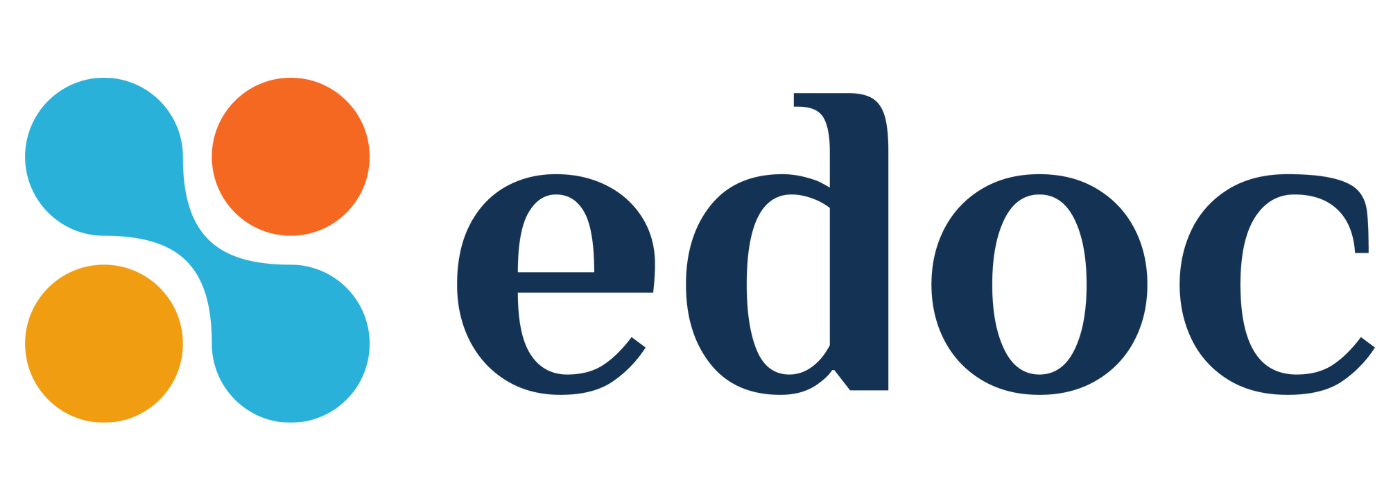To My Fellow Late Bloomers: It’s an Oyster World!
Steve Forbes wrote a commentary in the April 2019 Forbes Magazine promoting the book, “Late Bloomers” by (Forbes Publisher and late bloomer) author, Rich Karlgaard.
As a Late Bloomer myself (I graduated from college at 29 and started my company at age 50), the subject looked intriguing. The book motivated me to offer it to my staff and send copies to my children.
Steve Forbes (BTW, he spoke at a Hillsdale College event in Indianapolis a few weeks ago) made the following points in his critique:
We’re destructively over-doing the “you must be on the road to big success when you’re young, or you’ll never amount to much” mentality.
We fellow Baby-Boomers did not have to face this in our day, we did not have the 24-hour news media and social media culture to deal with. It was all we could do to get into college (for me, I thank God and government for the GI bill), and back then Blue-Collar work was considered noble. Today’s pressure on young people (and their parents) is immense. Karlgaard points out that our education system picks winners based on high GPA and SAT scores. He goes on to say (I have been saying this for years), “No one has yet been able to devise a test that can accurately measure the potential or talent for an individual”. Folks, we need to quit attempting to invade the private space of people’s minds to predict their future success! There, I have said it again.
Karlgaard points out that, “today five to eight times as many high school and college students meet the diagnostic criteria for major depression and/or anxiety disorder as in the 1960’s. And, students themselves report high rates of emotional distress”.
Mr. Forbes next point is:
We must, as individuals and a culture, “celebrate the full range of human ability and diverse timetables for individual success and achievement.”
Looking back on my company startup, I can now honestly say that I was less likely to have succeeded at 20, 30 or even age 40 on this endeavor. In one dramatic scene in the movie, “I Can Only Imagine”, Amy Grant says to Bart Millard after he stated it only took him a few minutes to write the song of the same name, “No Bart, it took a lifetime to write these words”. How true for me and most other Late Bloomers regarding life achievements. It takes a lifetime of schooling, career experience and maturity to take on a company startup.
It was interesting to learn from the book that the majority of entrepreneurs are over 50, the average age being 47 and the average age of patent applicants is also 47.
Another quote from Karlgaard: “The vast majority of us will be better served not by high SAT scores or STEM degrees but by discovering and embracing our true talents, so we may bloom at any stage of our lives”.
Rich Karlgaard names several known late bloomers such as J.K. Rowling (Harry Potter series), Ken Fischer who at age 68 started Fisher Investments which manages $100 billion in stocks and bonds for clients worldwide, even Steve Jobs in his “2nd Act” when he developed the iPod, iPhone and iPad, only to name a few examples in his book.
Steve Forbes next point is this:
“We are wasting immense talent by the way we treat older people.”
I will have to admit that I too have been caught up in the dramatic search for millennial “Wunderkinds” (Rich Karlgaard’s label for early achievers) since our company is transitioning into more technology than hands-on service.
Karlgaard also lists six traits (qualities) that Late-Blooming Achievers (my words) gain during their lifetime of education, experience and growth:
Curiosity
Compassion
Resilience
Equanimity
Insight
Wisdom
These critical success characteristics can only be enlarged with time!
In a recent newsletter article by Thomas Reuters entitled, “How to Benefit from the Rising Average Age of American Workers” followed a similar theme. It is a well-known fact that hiring difficulty is at the top of most business owner’s anxiety list. Here are some facts in the article to consider for the long view:
By 2026, one in four workers will be 55 and older verses one in five today according to the U.S. Bureau of Labor Statistics
The GSA estimates that 85% of the U.S. population in the 65 to 69 age bracket have no health impediments to work and even those 70-74 are at 81% healthy
A near-recent demographic study (we are currently in the process of updating) of our company production associates revealed that nearly 50% are over 65.
The article above concluded by stating: “According to GSA research, older workers are more motivated to exceed expectations than younger workers and are more deeply engaged in their work than their younger colleagues.”
Edoc has benefitted from the Millennials as well as Gen-X’rs but let’s not get too hung up on our millennial stars. There is a place for the late bloomer journeymen/women.
Also, to those approaching the senior chapter, don’t be afraid to quit and move on. I did and found the world is your oyster!
